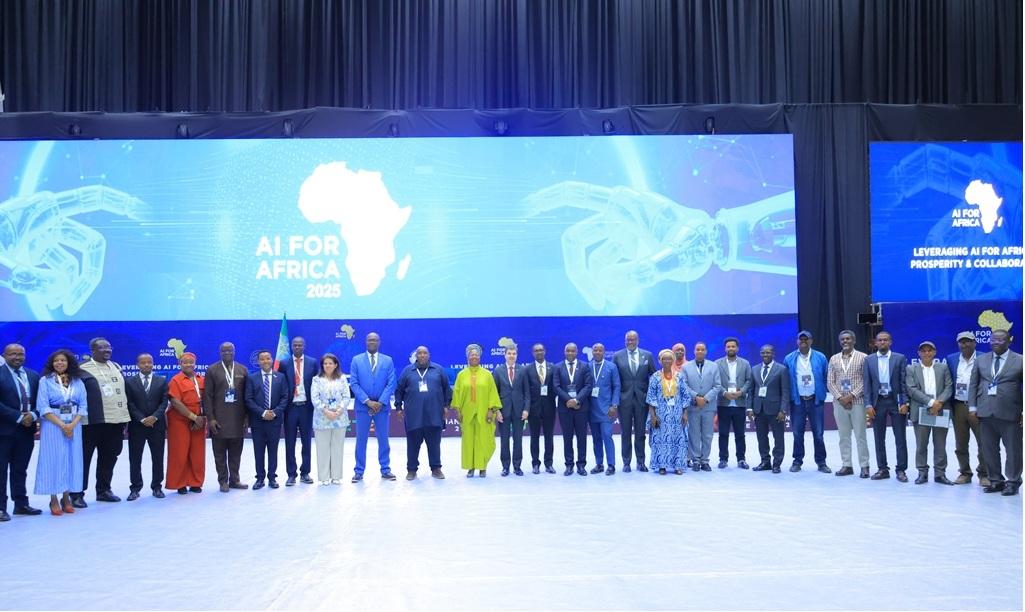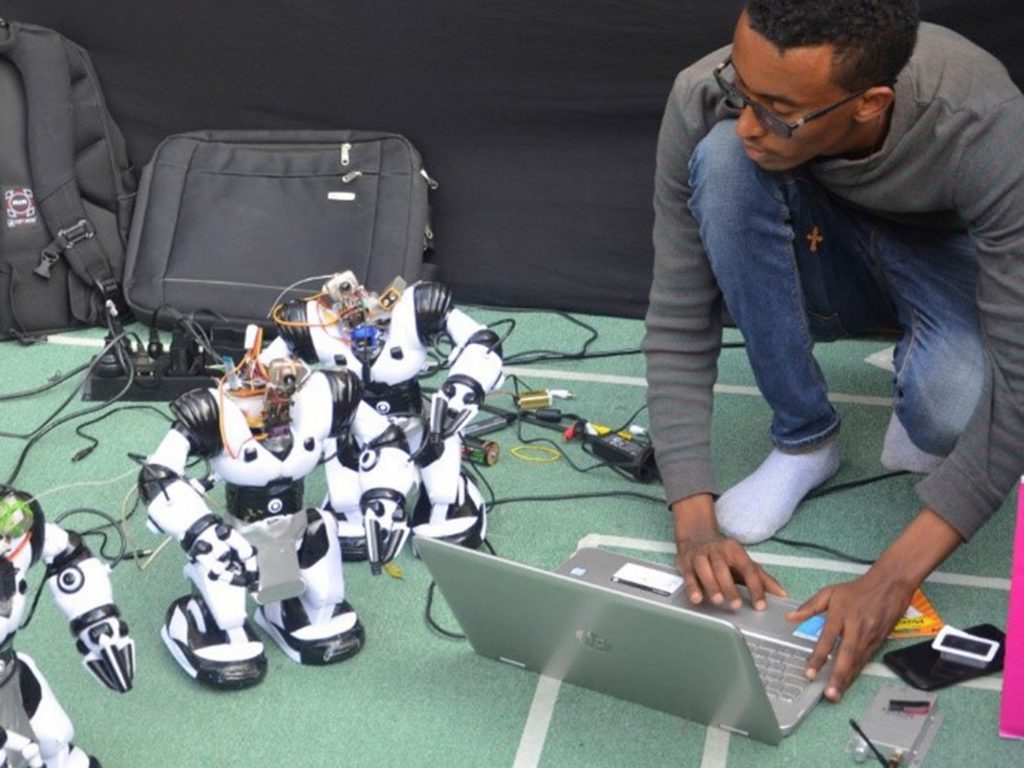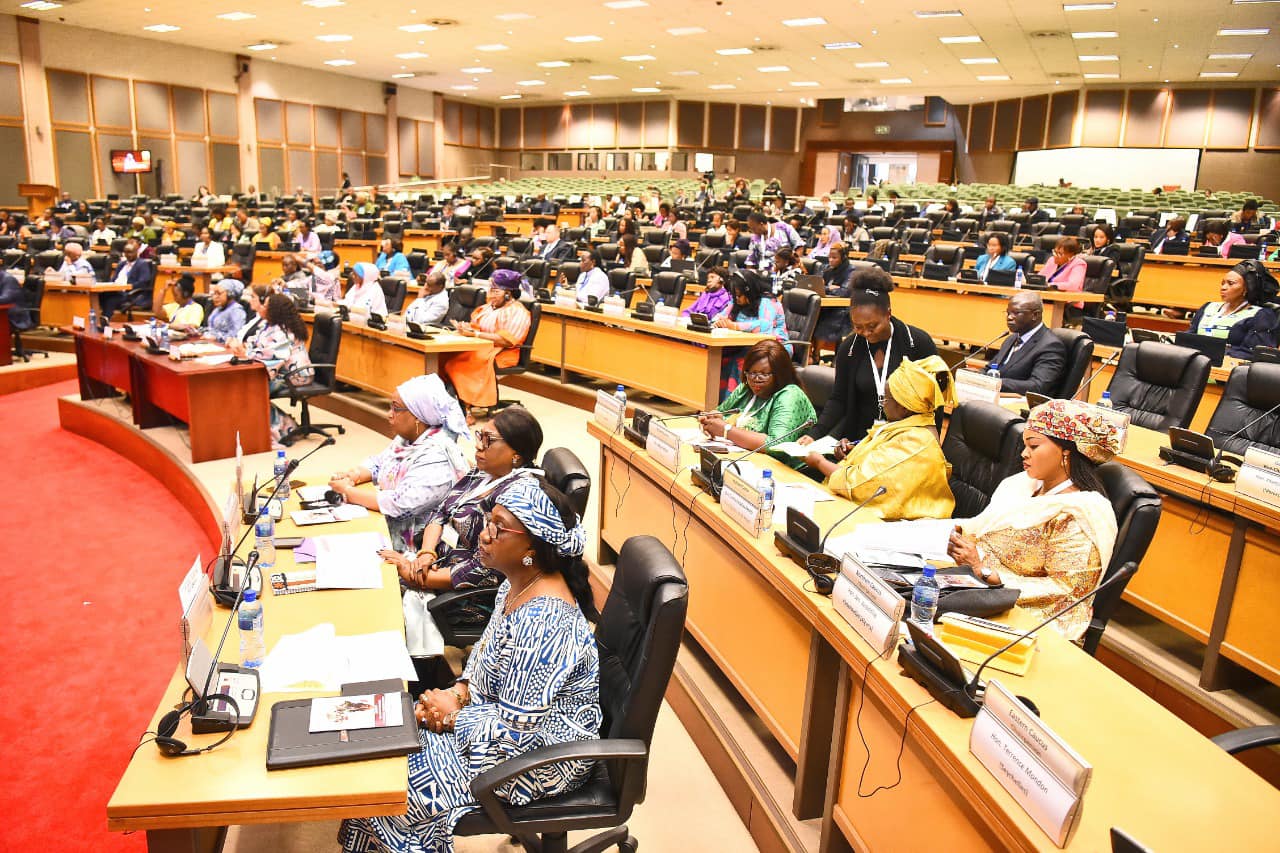Artificial Intelligence (AI) is not coming—it is already here, shaping global economies with the same force that steam, electricity, and the internet once did. Yet for Africa, the question is neither if nor when, but how this silent revolution will redefine its socio-economic future.
The Promise: Leapfrogging the Development Gap
Africa’s late entry into the AI race is often framed as a disadvantage. In reality, it can be an advantage—if strategically harnessed. By bypassing legacy infrastructure and adopting AI-native systems, African economies can leapfrog into advanced service delivery, from precision agriculture that boosts yields by 30% without expanding farmland, to AI-powered health diagnostics that bring world-class care to rural clinics.
In education, AI-enabled adaptive learning platforms could turn Africa’s demographic boom into a talent dividend, tailoring curricula to individual learning speeds and breaking down barriers of language, location, and resources. The continent’s young, tech-hungry population—over 60% under 25—is primed to be both the creators and beneficiaries of this transformation.
The Peril: Widening Inequalities
However, AI is not an economic neutralizer—it is an amplifier. Without deliberate policies, it will deepen existing disparities. Countries and communities with access to high-quality data, computing power, and digital literacy will surge ahead; others will be locked out of the AI economy entirely.
Automation could displace millions of low- and mid-skill jobs, particularly in manufacturing and services. If unmitigated, this could trigger urban unemployment crises, erode social cohesion, and fuel migratory pressures. Worse still, the use of biased algorithms trained on foreign datasets risks importing foreign prejudices into African decision-making systems—from credit scoring to policing.
The Stakes: Sovereignty and Economic Security
In the emerging AI economy, data is the new oil—but unlike oil, its extraction is stealthy. Africa risks becoming a raw-data exporter, sending its digital exhaust to train foreign AI models, only to buy back expensive AI-driven services. This is digital colonialism in its purest form.
To break this cycle, Africa needs sovereign AI infrastructure: local data centers, indigenous language models, and open-source AI tools developed for African realities. This is not just an
economic imperative but a geopolitical one—because in the 21st century, control over AI is control over the levers of national power.
The Path Forward: From Consumers to Co-Creators
A transformative AI strategy for Africa must be three-pronged:
1. Policy Sovereignty – Establish continental AI governance frameworks under the African Union to harmonize standards, protect citizens’ rights, and prevent exploitative data practices.
2. Talent Acceleration – Invest massively in AI education, from primary school computational thinking to advanced machine learning research hubs, with a focus on retaining talent locally.
3. Economic Alignment – Tie AI deployment to priority sectors—agriculture, healthcare, education, energy—ensuring AI serves as an engine of inclusive growth, not elite enrichment.
The Verdict
The socio-economic impact of AI in Africa will not be decided by the technology itself but by the governance, investment, and vision that shape its adoption. AI can either consolidate Africa’s place as a perpetual technology consumer or elevate it into a global innovation leader.




